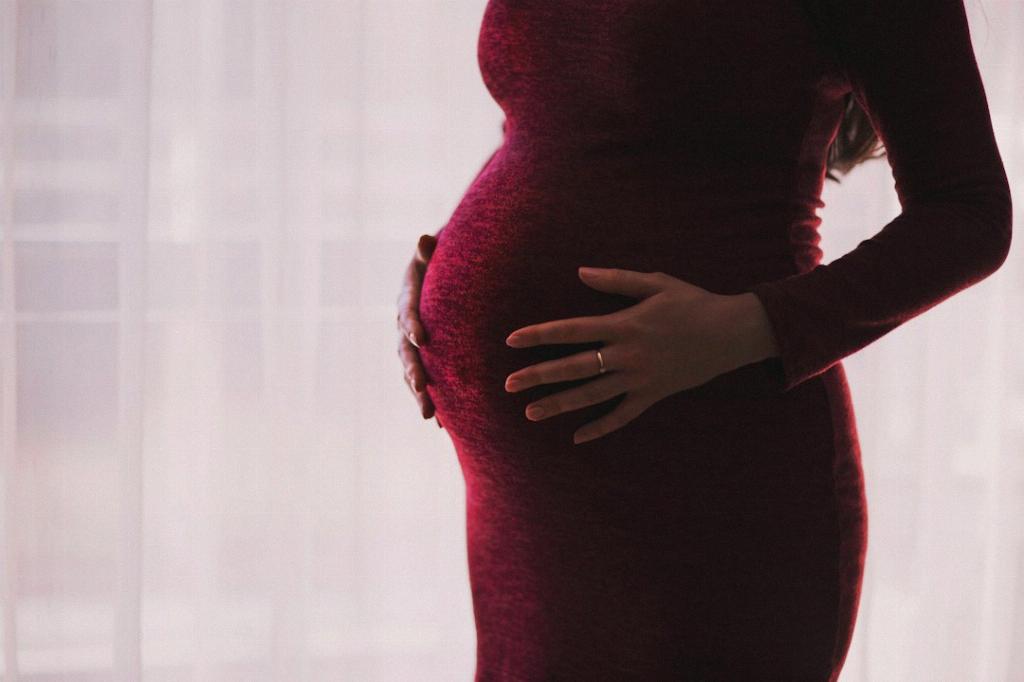When it comes to the topic of multiple pregnancies, it’s essential to address the question of whether they are considered high-risk. The truth is, carrying multiples such as twins, triplets, or more does present a unique set of challenges and potential complications that differentiate it from a singleton pregnancy.
One key factor to consider is that women pregnant with multiples have a higher likelihood of developing complications compared to those carrying a single baby. These complications can range from gestational diabetes to preeclampsia, both of which can pose risks to the health of both the mother and the babies.
High blood pressure is another common issue that women pregnant with multiples may face. The dynamic nature of a multiple pregnancy, with increased demands on the body to support multiple developing fetuses, can lead to elevated blood pressure levels that require close monitoring and management throughout the pregnancy.
Additionally, preterm labor is a significant concern in multiple pregnancies. The uterus may become overextended due to the presence of multiple babies, increasing the likelihood of early labor and premature birth. Prematurity can bring its own set of challenges for the babies in terms of overall health and development.
Although multiple pregnancies are inherently more complex, it’s important to note that not all women carrying multiples will experience complications. Factors such as maternal age, overall health, and prenatal care can play a significant role in determining the course of the pregnancy and the likelihood of adverse outcomes.
When a woman is pregnant with multiples, healthcare providers typically categorize the pregnancy as high-risk due to the increased potential for complications. This designation enables healthcare teams to provide more intensive monitoring and care to ensure the health and well-being of both the mother and the babies.
Regular prenatal check-ups become especially crucial in multiple pregnancies to closely monitor the growth and development of each fetus, as well as to detect any potential warning signs or complications early on. Early intervention can significantly impact the outcome of a high-risk pregnancy.
Women pregnant with multiples are often advised to take extra precautions during their pregnancy, including maintaining a healthy lifestyle, attending all scheduled prenatal appointments, and following any specific recommendations provided by their healthcare provider. These steps can help mitigate some of the risks associated with carrying multiples.
In summary, while not all multiple pregnancies result in complications, the increased likelihood of facing issues such as high blood pressure, preterm labor, and gestational diabetes elevate the overall risk profile of carrying multiples. Being aware of these potential risks and working closely with healthcare providers can help women navigate the challenges of a high-risk multiple pregnancy and optimize outcomes for both mother and babies.

